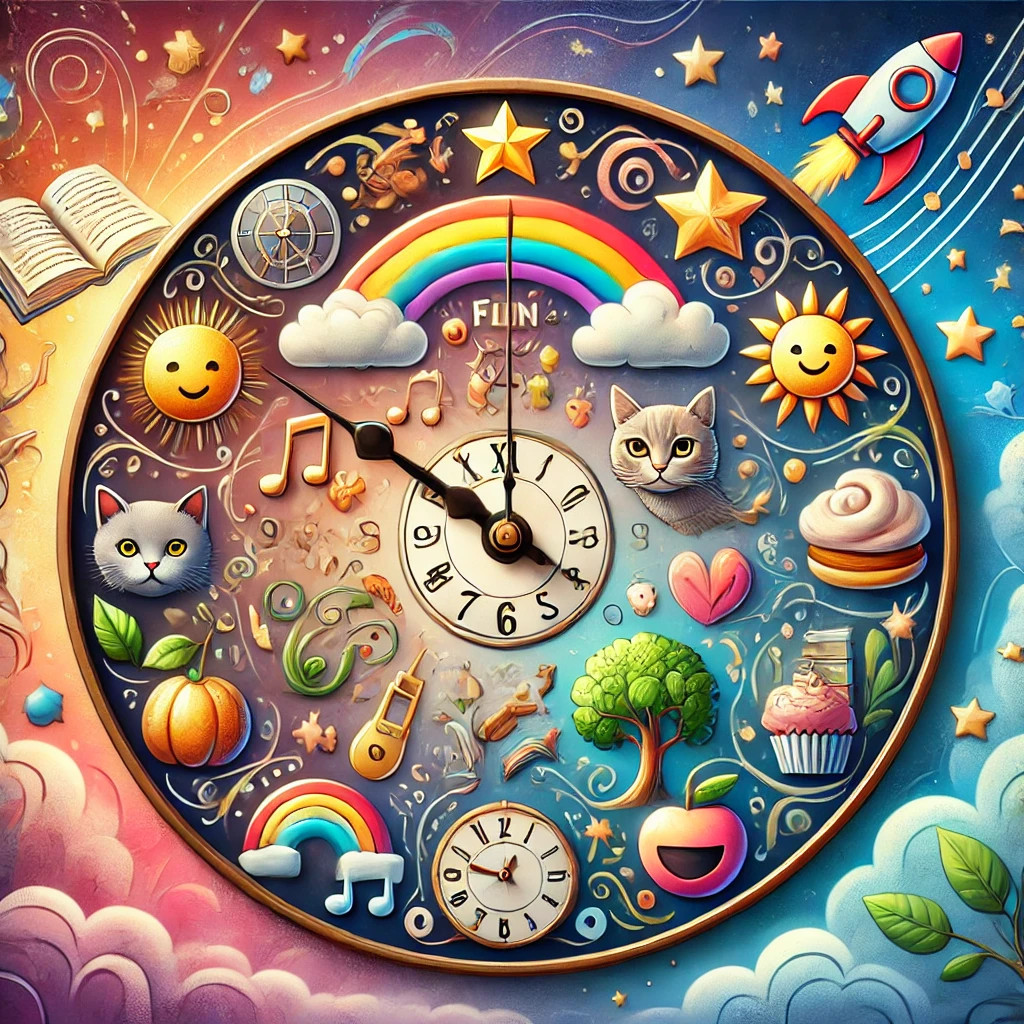The Origin of Time
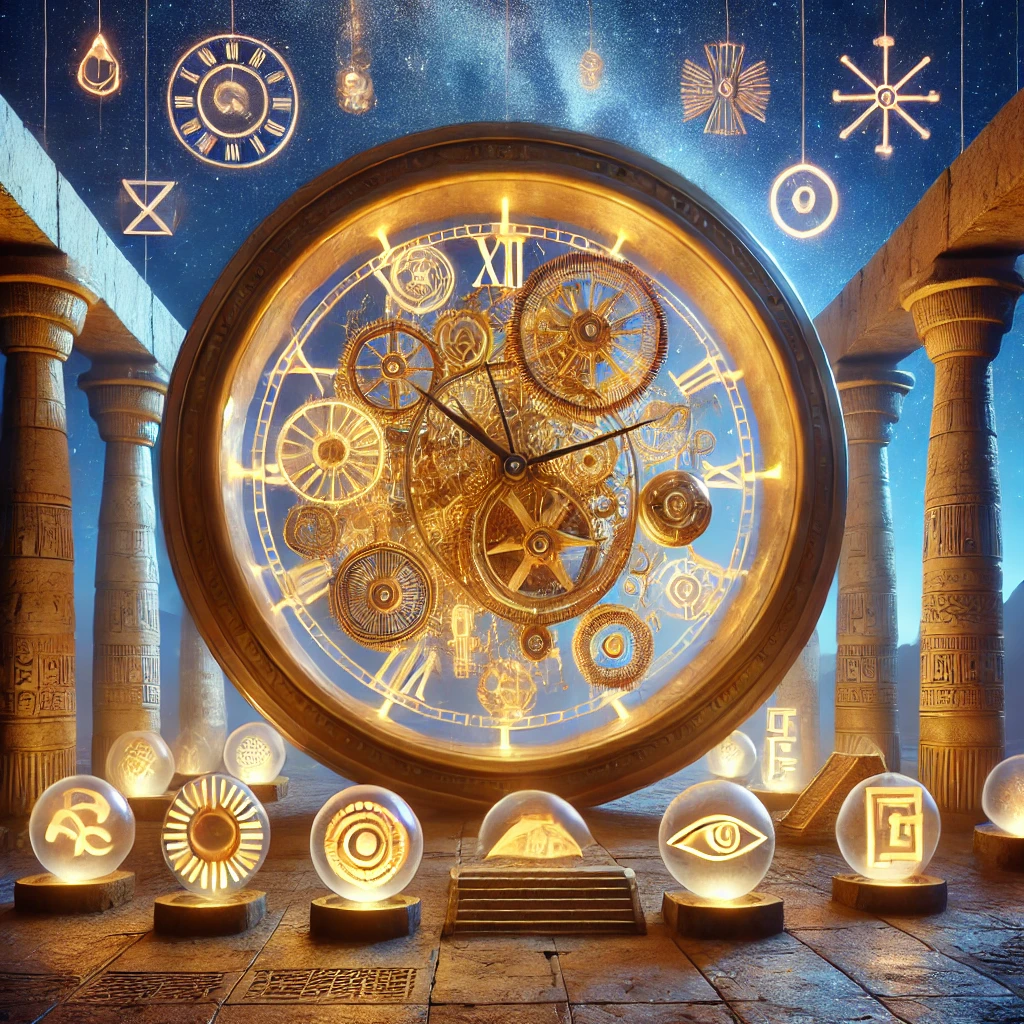
The concept of time has fascinated humanity since ancient times. Early civilizations measured time using celestial phenomena, such as the movement of the sun and stars. Sundials in Egypt and water clocks in Mesopotamia marked some of the earliest tools to track its passage, aiding in agriculture and religious practices.
For many cultures, time was more than a measurement; it was intertwined with mythology and spirituality. The Greeks envisioned time as Cronos, a divine force, while Hindu cosmology described it as cyclical, encompassing creation and destruction.
The Renaissance brought precision with advancements in clockmaking, driven by discoveries like Galileo's study of pendulum motion. These developments transformed time from a mystical concept into a universal, measurable entity.
Despite its practical uses, time remains a symbol of life's fleeting moments and nature's eternal cycles, continuing to inspire curiosity and exploration in modern science and philosophy.
Philosophical Perspectives
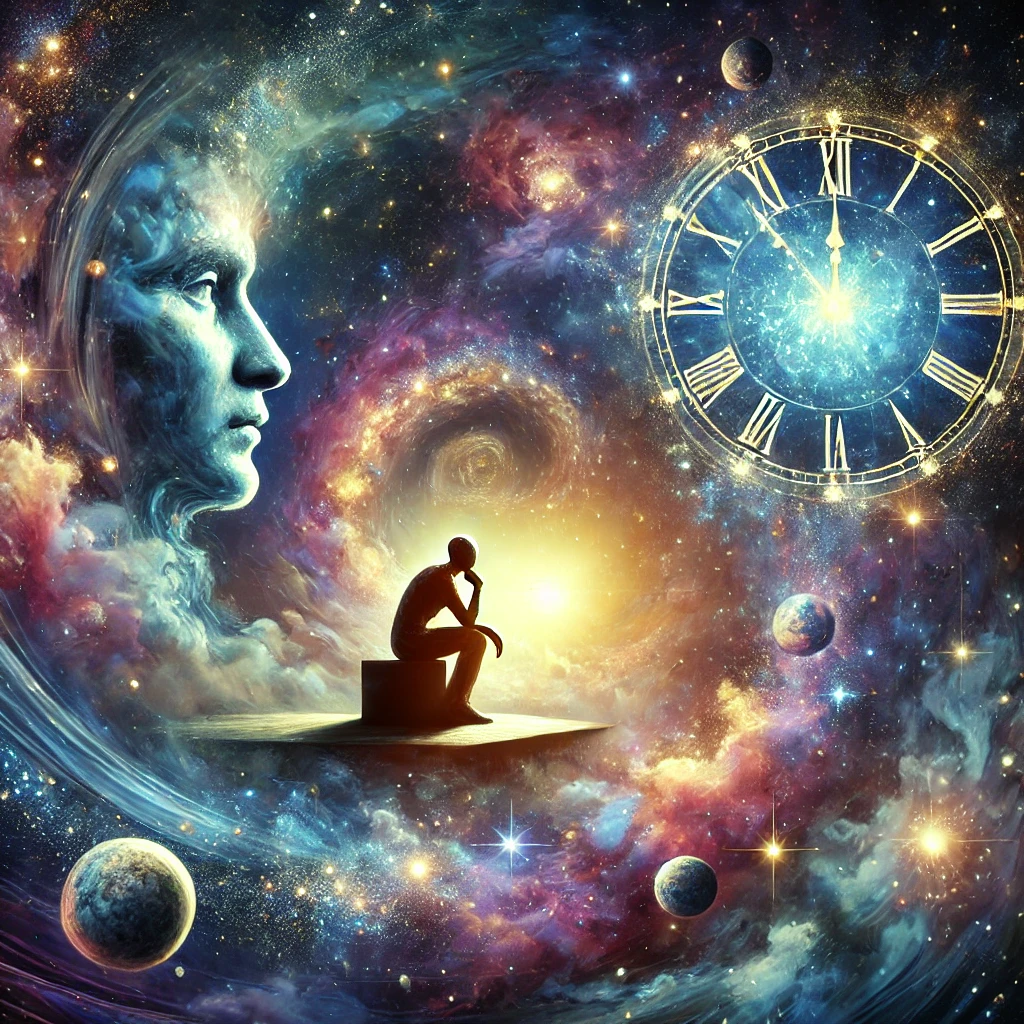
Time has fascinated philosophers for centuries, sparking debates about its true nature. Is time linear, flowing steadily from past to future, or is it cyclical, endlessly repeating? Ancient thinkers like Heraclitus viewed time as constant change, while Parmenides argued it was an illusion.
Modern philosophy introduced new ideas, with Immanuel Kant proposing that time is a construct of the human mind, shaping how we perceive reality. Henri Bergson distinguished between measurable "clock time" and subjective time, influenced by emotions and experiences.
Even today, theories from quantum physics challenge traditional views, suggesting time might not be fundamental but rather emerge from deeper processes. These diverse perspectives show time as both a practical tool and a profound mystery.
Modern Insights
Time Management
In today's fast-paced world, mastering time management is essential. Prioritizing tasks, setting deadlines, and creating balance can help us maximize our most precious resource.

Time Zones
Globalization has highlighted the importance of time zones, enabling seamless communication and collaboration across different regions of the world.
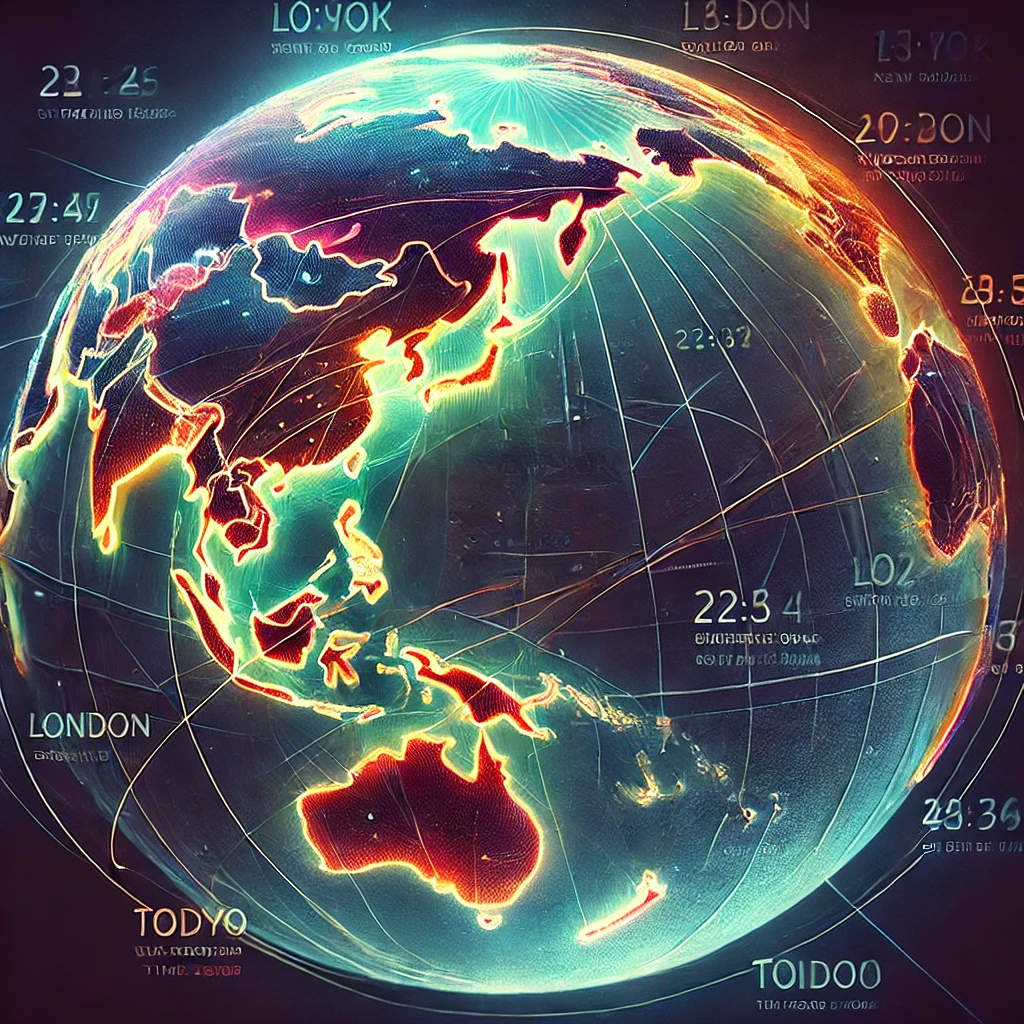
Biological Clocks
Our internal biological clocks, or circadian rhythms, regulate sleep, energy levels, and health, aligning our lives with the natural cycles of day and night.
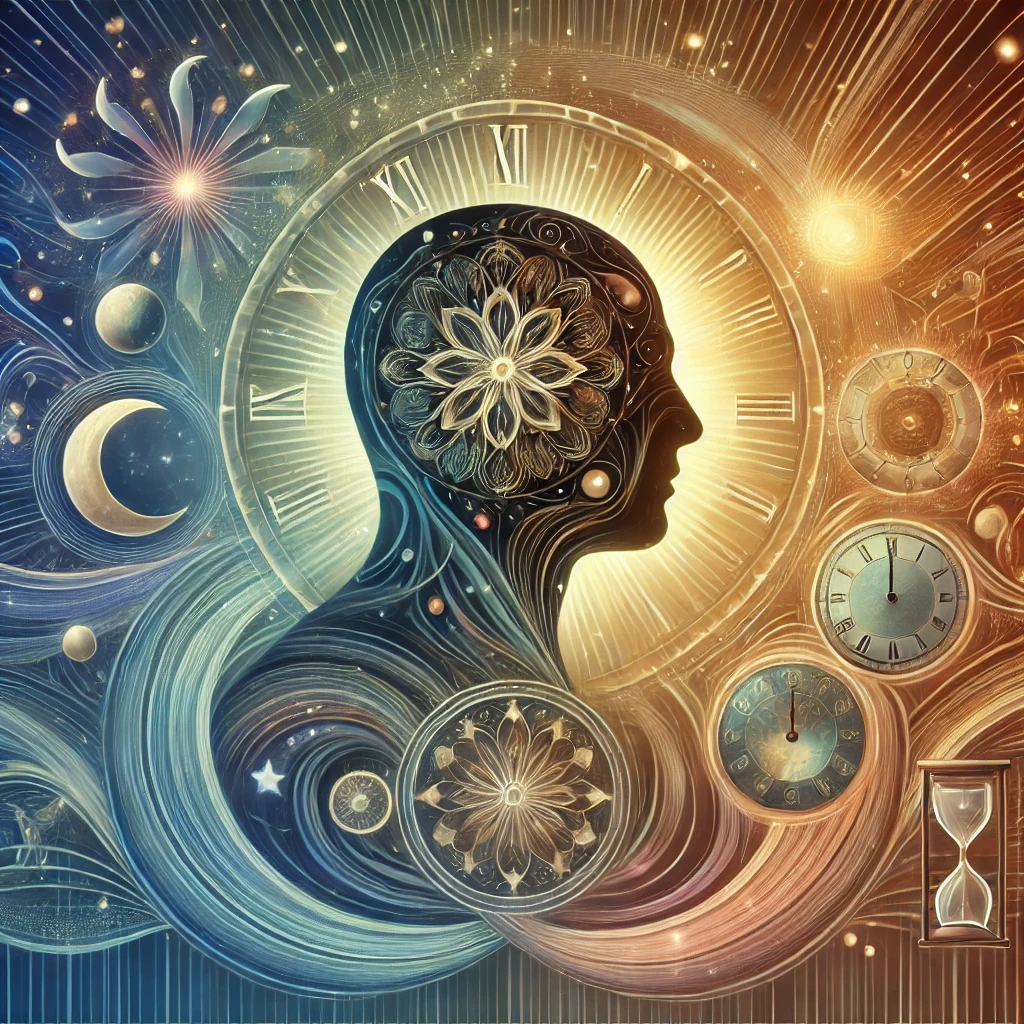
Fun Facts About Time
- The shortest measurable time is a zeptosecond: A trillionth of a billionth of a second.
- Time slows down near massive objects: This phenomenon, known as gravitational time dilation, is explained by Einstein's theory of relativity.
- Our perception of time can change based on emotions and experiences.
- Our perception of time changes with age: As we grow older, time seems to pass more quickly due to psychological factors.
